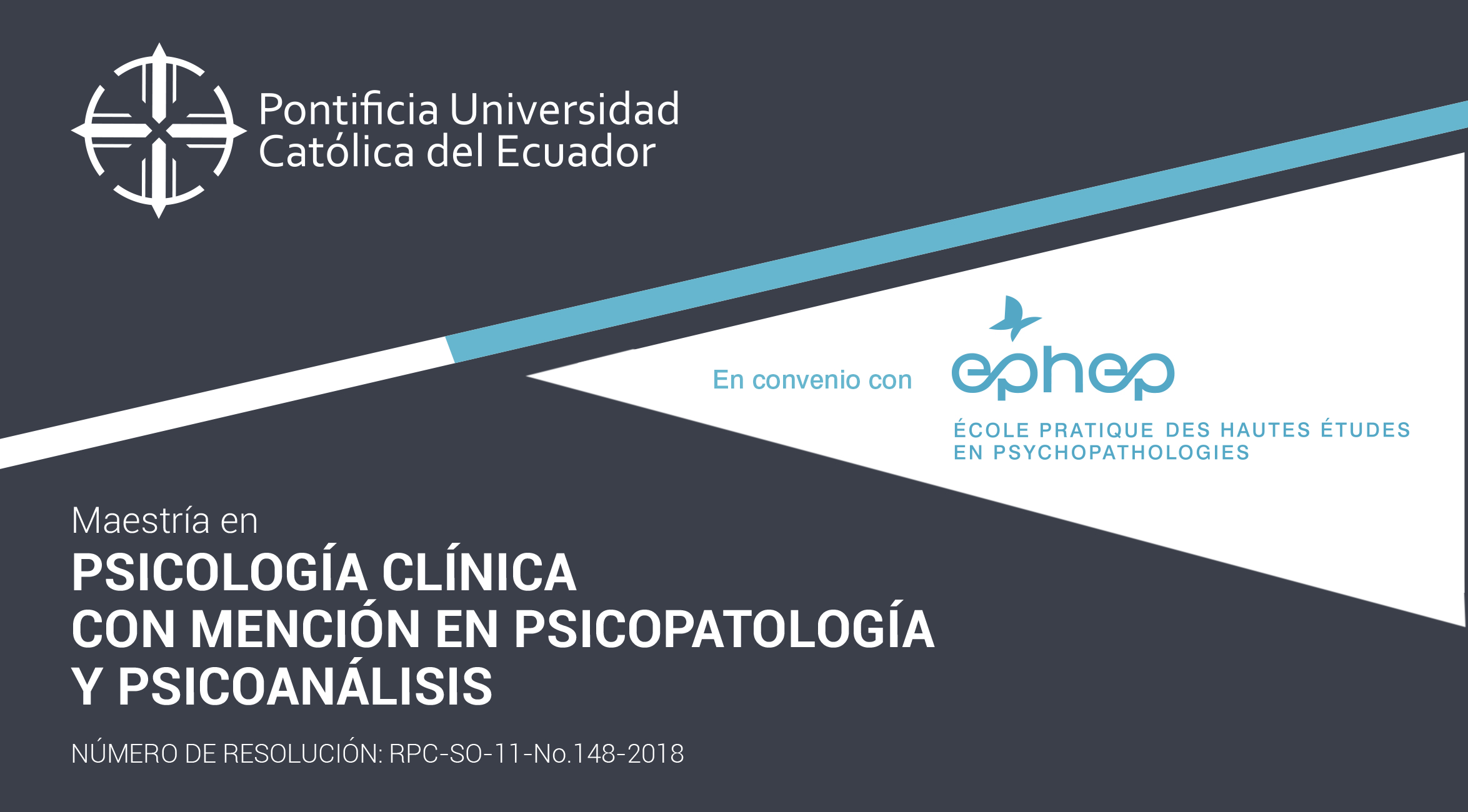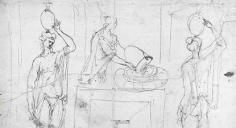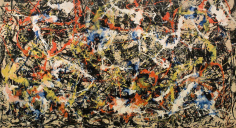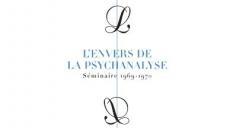Monica Errity : Revi(siting) repetition*
In The Four Fundamental Concepts of Psychoanalysis Lacan makes the following statement about repetition; ‘What is repeated is always something that occurs… as if by chance’.1 He then goes on to define chance as, ‘the real as encounter - the encounter in so far as it may be missed, in so far as it is essentially the missed encounter’.2 Taken in isolation these words appear enigmatic and bewildering leaving us wondering how they are to be understood. Fortunately, Lacan doesn’t leave us completely in the dark. His frequent references to Freud suggest that before we can begin to understand what he, Lacan, is saying about repetition, we need to revisit Freud and revise, go over again (wiederholen) what he has said on the subject.
The issue of repetition had been on Freud’s mind from the very start. While brief references to it can be found in Interpretation of Dreams (1900), Jokes and Their Relation to the Unconscious (1905), The Uncanny (1919), it is pivotal to his paper Remembering, Repeating and Working Through (1914). But it is not until his 1920 paper Beyond the Pleasure Principle that he gives the issue a comprehensive treatment.3 His central question here comes from the apparent anomaly presented by people’s tendency to continually repeat unpleasurable experiences, a phenomenon which seems to contradict the long established psychoanalytic premise that the overruling principle of mental functioning is the attainment of pleasure and the avoidance of unpleasure; the pleasure principle.
Freud acknowledges that everyday experience clearly teaches us that the pleasure principle does not reign supreme in the psyche, otherwise we would never feel unpleasure. However, he argues that most feelings of unpleasure can be related in some way to the pleasure principle, explaining them as either being due to the effects of the reality principle when it requires a postponement of satisfaction, or as disguised pleasure as in the case of a neurotic symptom. But, as yet psychoanalysis has offered no satisfactory explanation for the repetition of unpleasurable experiences. He characterises the phenomenon as ‘daemonic’, a reference to the Greek notion of the daemon, a spirit guide assigned to each individual at birth which can influence people’s actions for good or bad. This emphasises the apparent ‘beyondness’ of their origins carrying the suggestion that something else is at work in the psyche, something powerful enough to override the pleasure principle.
Freud’s questions in this paper are: Can we really speak of a compulsion to repeat? And if so how can it be reconciled with the pleasure principle?
Read more...







